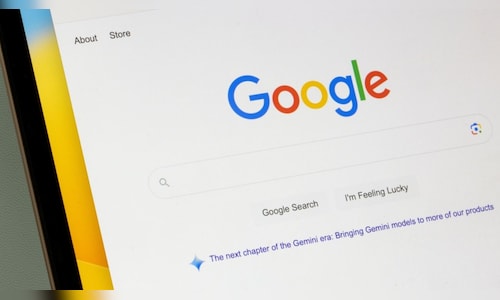

Historically, Google has not included fact-checking in its content moderation practices. The company had previously indicated to EU lawmakers that it did not intend to alter its approach, and it has now reiterated this stance ahead of the impending implementation of a voluntary code, the report added.
Google’s global affairs president Kent Walker, in the letter addressed to Renate Nikolay, Deputy Director General of the European Commission’s content and technology division, stated the integration of fact-checking mandated by the Commission’s new Disinformation Code of Practice is “simply not appropriate or effective for our services”, Axios reported, adding that Walker confirmed that Google would not commit to these requirements.
The proposed code would obligate Google to display fact-check results alongside its search outcomes and YouTube videos and incorporate fact-checking into its ranking algorithms. Per Axios, Walker defended Google’s existing content moderation strategy, citing its effectiveness during the “unprecedented cycle of global elections” in the past year as evidence of its success.
Additionally, he highlighted a new YouTube feature launched last year, which allows certain users to add contextual notes to videos, suggesting it has “significant potential.” This initiative is akin to X’s Community Notes feature and a recent programme announced by Meta.
The EU’s Code of Practice on Disinformation, introduced in 2022, outlines several voluntary commitments that tech companies and private organisations, including fact-checking entities, are expected to fulfil. Initially established in 2018, the Code predates the EU’s Digital Services Act (DSA), which took effect in 2022.
Over the past year, the European Commission has engaged in private discussions with tech firms, encouraging them to formalise these voluntary measures into an official code of conduct under the DSA. In his letter, Walker reiterated that Google had already communicated its decision not to comply with these requirements. He noted that Google would “pull out of all fact-checking commitments in the Code before it becomes a DSA Code of Conduct”.
Moving forward, Google plans to continue enhancing its current content moderation practices, focusing on providing users with more information about their search results through features such as Synth ID watermarking and AI disclosures on YouTube.



